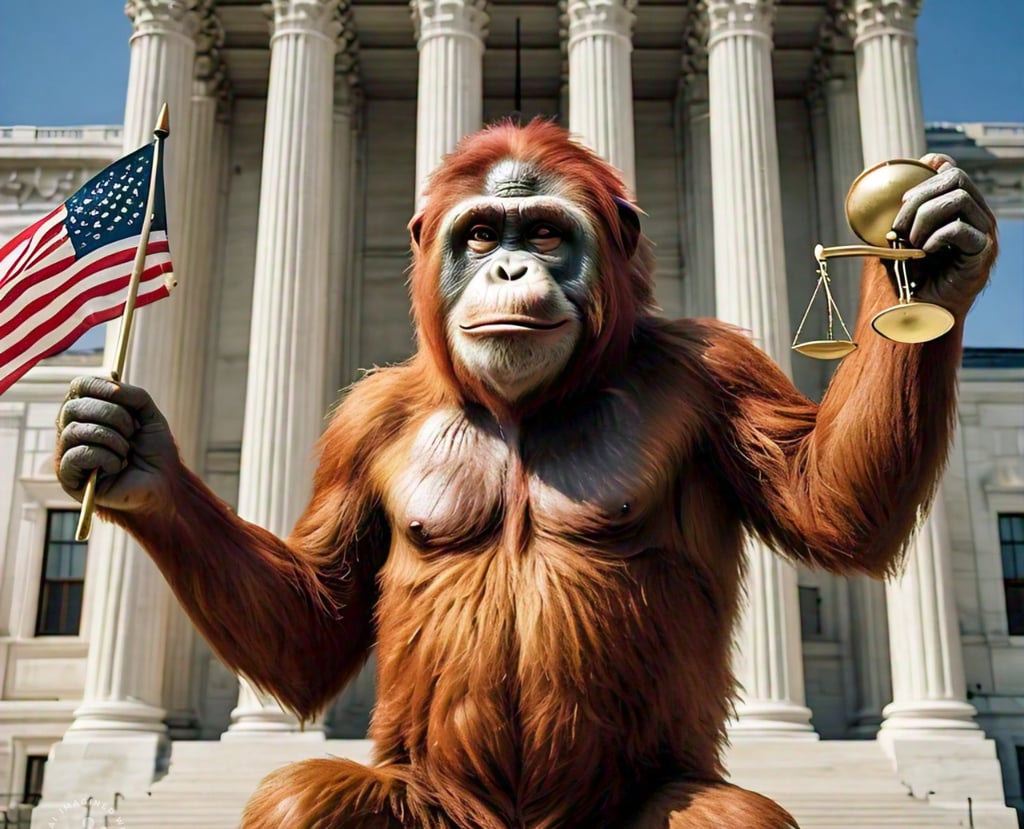Is Our Justice System Really Fair?


The Spirit of Checks and Balances
The essence of checks and balances in a democratic system is to ensure that no single branch of government becomes too powerful. This system was designed to protect citizens from potential government overreach and abuse of power. Ideally, these checks and balances operate to fairly assess and prosecute any unlawful activities within the government. Unfortunately, current events suggest that this ideal may not be fully realized.
Endless Trials and Appeals
It seems that our justice system, rather than holding everyone accountable, might be favoring certain individuals, particularly those in high governmental positions. Lengthy trials, endless appeals, and the exorbitant costs associated with them not only question the system's effectiveness but also strain the national budget. The justice process appears to be more convoluted for government officials, who seem to be shielded from the consequences of their actions.
The Case of Ex-President Trump
Take, for example, the plethora of legal issues surrounding ex-President Trump. From keeping classified documents to allegedly attempting to overturn the 2020 Presidential election results through fake elector schemes, his list of allegations is extensive. An ordinary citizen facing similar charges would likely have been quickly prosecuted and sentenced. Yet, the legal proceedings against Trump seem staggeringly slow and complex, raising doubts about judicial impartiality.
Is It Time for Reform?
So, what do you think? Is the justice system broken, and does it require comprehensive reform? Many speculate that our legal framework has been stretched to protect those at the top, rather than serve its foundational purpose of justice and accountability. These concerns necessitate a closer examination of our justice system and perhaps a public call for reforms that ensure equality before the law.
